Vietnam: What are the Top 5 sample brief expressive essays about your best friend? What are the guidelines for handling cases where students fail to obtain sufficient assessment scores due to force majeure?
What are the Top 5 sample brief expressive essays about your best friend?
Students can refer to the following Top 5 sample brief expressive essays about your best friend:
|
Top 5 sample brief expressive essays about your best friend Sample 1: Best Friend - A Companion Through Every Journey |
*Note: The information is for reference only./.

What are the Top 5 sample brief expressive essays about your best friend? What are the guidelines for handling cases where students in Vietnam fail to obtain sufficient assessment scores due to force majeure? (Image from the Internet)
Are students in Vietnam allowed to choose academic topics in the Literature curriculum?
Under Section 1 of the Appendix of the General Education Program in Literature issued with Circular 32/2018/TT-BGDDT on the characteristics of Literature at all grades in general and 7th grade in particular:
- Literature is a subject in the field of Language and Literature Education, taught from grade 1 to grade 12. At the primary education level, this subject is called Vietnamese; at the lower and upper secondary education levels, it is called Literature.
- Literature is an instrumental and aesthetic-humanistic subject; it provides students with the means to communicate, serves as a foundation for studying all subjects and educational activities; it is also a vital tool in educating students on high cultural, literary, and national linguistic values, fostering healthy emotions, humanitarian sentiments, benevolent, altruistic living,...
- Through linguistic texts and vivid artistic imagery in literary works, via reading, writing, speaking, and listening activities, Literature plays a substantial role in helping students form and develop good qualities as well as core competencies to live and work effectively and to engage in lifelong learning.
- The content of Literature is comprehensive, encompassing cultural knowledge, ethics, and philosophy,... related to various subjects and educational activities such as History, Geography, Arts, Civic Education, Foreign Languages, Natural and Social Sciences, Experiential Activities, Career Orientation,... Literature closely relates to life; it helps students pay attention to and connect with everyday life, relate, and possess problem-solving skills for real-world issues.
- The core content of the subject includes fundamental, essential knowledge and skills about Vietnamese and literature that meet the required standards of student qualities and competencies at each educational level; it is divided into two phases: the basic education phase and the career-oriented education phase.
- Basic Education Phase: The program is designed around core strands corresponding to reading, writing, speaking, and listening skills. Vietnamese and literary knowledge is integrated during the reading, writing, speaking, and listening instruction process. The language materials are selected and organized according to the students' levels of receptivity at each educational level.
- The goal of this phase is to enable students to use Vietnamese proficiently for effective communication in life and to perform well in other subjects and educational activities; to form and develop literary competence, an expression of aesthetic competence; simultaneously cultivate thoughts, and emotions to develop students' souls, and character.
- Career-Oriented Education Phase: The program reinforces and develops the results from the basic education phase, helping students enhance their language and literary competencies, especially in literary text reception; strengthen the skills of creating argumentative texts and informational texts of greater complexity in content and writing techniques; provide some practical knowledge of literary history and literary theory in terms of reading and writing; continue to nurture thoughts, emotions, soul, and character so students become responsible citizens.
- Additionally, within each year, students oriented toward social sciences and humanities can choose to learn specific academic topics. These topics aim to enhance literature and language knowledge, the skill of applying knowledge to practice, and meet students' interests, needs, and career orientation.
Therefore, according to the regulation, in each school year, students with social sciences and humanities orientation can choose academic topics.
What are the guidelines for handling cases where students in Vietnam fail to obtain sufficient assessment scores due to force majeure?
Under the regulation in Article 7 of Circular 22/2021/TT-BGDDT stipulating periodic assessment for lower secondary school students:
1. Periodic assessment (does not apply to learning topics) consists of mid-semester assessment and end term assessment and is implemented via: examination (on test paper or on computer), practice exercises, or learning projects.
- Time of examination (on test paper or on computer) of subjects (excluding learning topics) with up to 70 periods/school year is 45 minutes; time of examination (on test paper or on computer) of subjects (excluding learning topics with more than 70 periods/school year is from 60 minutes to 90 minutes or up to 120 minutes for specialized subjects.
- For examination (on test paper or on computer) where assessment is made via scores, exam questions are developed based on exam mechanisms and characteristics in a manner that satisfies requirements of the subjects under formal education program.
- For examination (on test paper or on computer) where assessment is conducted via feedback, practice exercises, or learning projects, provide instructions and assessment criteria based on requirements of subjects under formal education program prior to implementation.
2. In each semester, each subject assessed via feedback shall be assessed once in the middle of the semester and once at the end of the semester.
3. In each semester, each subject assessed via both feedback and scores shall be given assessment scores once during the semester (hereinafter referred to as “DDGgk”) and once at the end of the semester (hereinafter referred to as “DDGck”).
4. Students who fail to obtain sufficient assessment scores as per Clause 2 and Clause 3 of this Article due to force majeure shall be eligible for attending the re-examination and re-assessment with corresponding qualification criteria. Organization of re-examination and re-assessment shall be performed in each semester.
5. In case students fail to attend re-examination and re-assessment according to Clause 4 of this Article shall be assessed as “Chưa đạt” (Unqualified) or given a score of 0 for the missing examination and/or assessment.
Thus, where students in Vietnam fail to obtain sufficient assessment scores due to force majeure, they shall be eligible for attending the re-examination and re-assessment with corresponding qualification criteria. Organization of re-examination and re-assessment shall be performed in each semester.
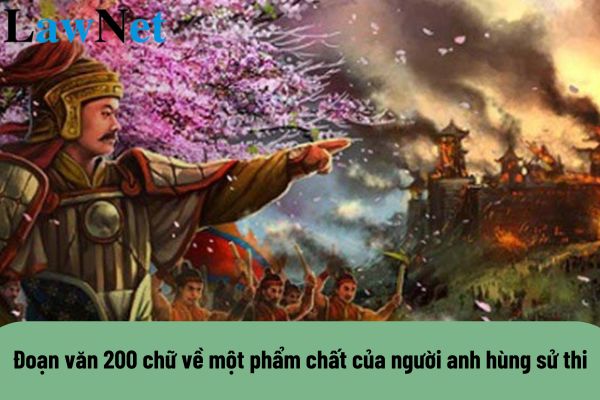
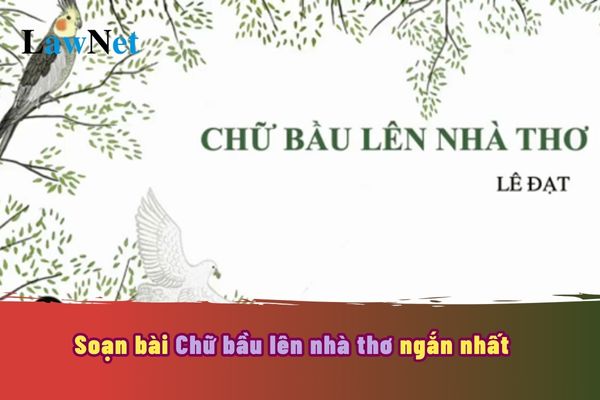

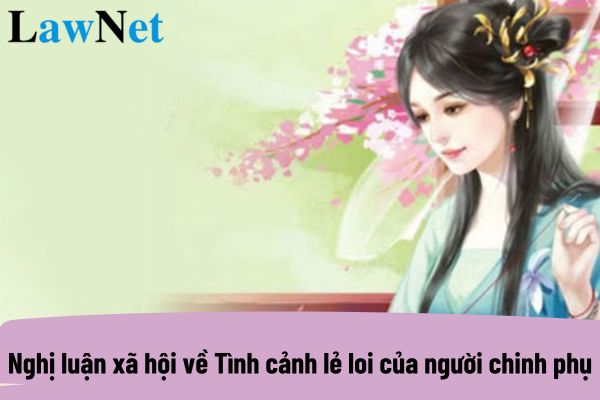
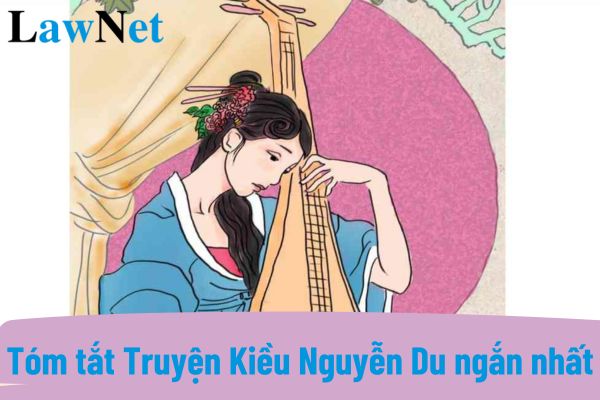
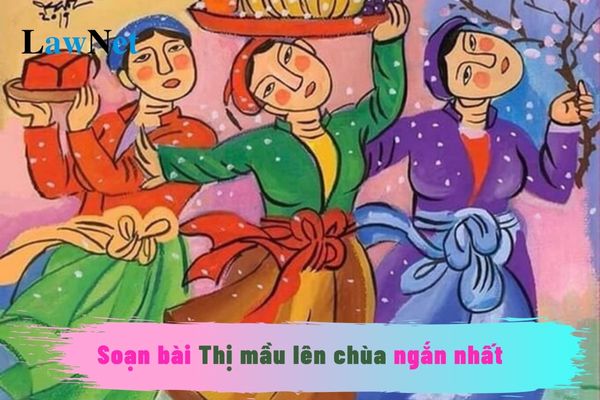
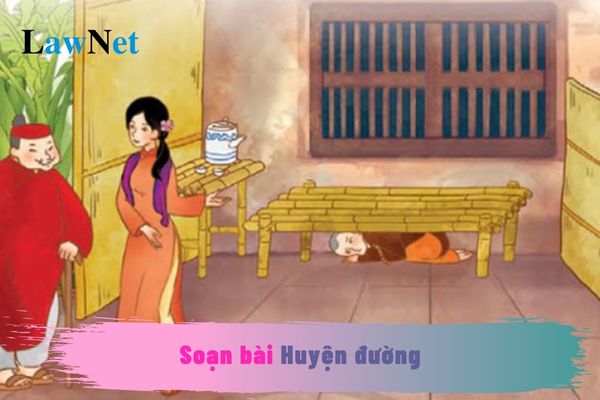
.jpg)
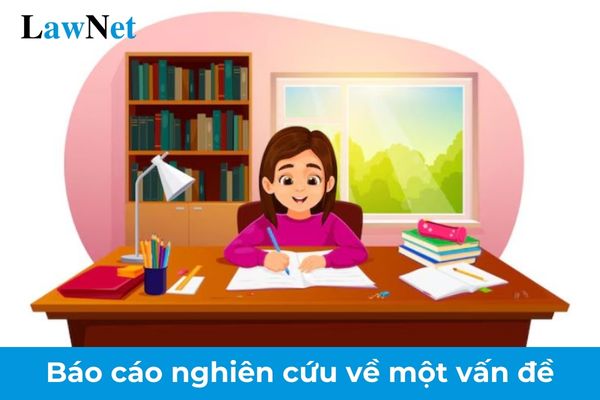
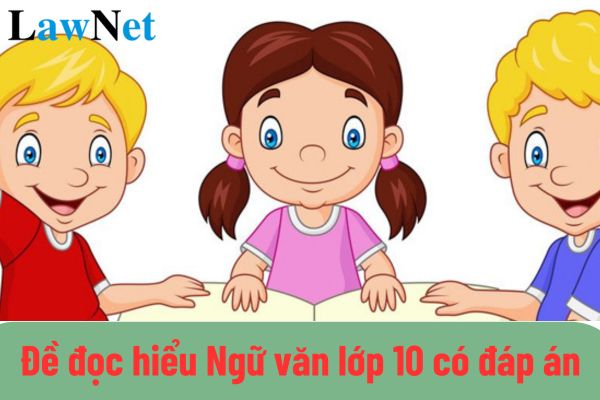
- What is the law on light reflection? What are details of the law on light reflection?
- What is the schedule of the AFF Cup 2024 (ASEAN Cup)? What are activities for physical education and sports in vocational education institutions in Vietnam?
- What is the schedule for the AFF Cup 2024 matches of the Vietnam National Team? Are students who are athletes in Vietnam eligible for a special exemption from high school graduation requirements?
- Vietnam: What are the guidelines for analysis of the poem "Tiến sĩ giấy"? What is the regulatory age of students entering lower secondary education?
- What is the location of Vietnam International Defense Exhibition 2024? Are students of all educational levels granted leave to visit the Vietnam International Defense Exhibition?
- What is the formula for calculating population density in Vietnam? What is the population density?
- Vietnam: What is the sample parent-teacher conference scenario at the end of the first semester of primary education? What are the regulations on the organization of parent committees?
- Vietnam: What is the sample outline for an essay on the analysis of the excerpt "The Last Leaf"? What are the assessment levels for learning results in the school year of 8th-grade students?
- What is the unit of power? When do students in Vietnam study the unit of power?
- What is the guidance for children to tell the story "Chuyện bốn mùa"? What is the age of students entering 2nd grade in Vietnam?

